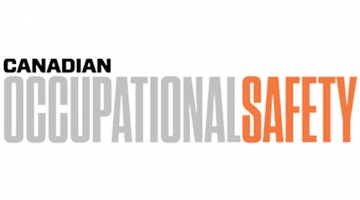Mental health in the workplace
Workplaces play a dual role in the area of mental health. On the one hand, they can be a stressful environment that contributes to mental health problems among workers. On the other hand, they can play an important part in helping to detect and manage mental health problems when they arise among workers, and in ensuring the healthy recovery and return of workers who are off work due to a mental health issue. IWH research in this area helps paint a clearer picture of the prevalence of mental health problems among workers, the types of labour force and workplace factors that may contribute to poor mental health, and the workplace-based and system prevention efforts that can help improve the mental health of workers and ensure they have the proper supports when needed.
Featured

Understanding PTSI program implementation processes in Alberta first responder organizations

Mental health of Canadians who work from home no better or worse than those working outside the home
Is working from home good for mental health and well-being? Associations between work location, self-rated mental health, life satisfaction, and life and work stress among Canadian adults
Understanding workers’ compensation approaches and practices to workplace psychological injuries

How employers are improving RTW outcomes for public safety workers with PSTI
Employer perspectives on supporting public safety personnel’s return to work after post-traumatic stress injuries

Helping first responders with post-traumatic stress
The mental health of injured workers with a physically disabling injury

Employers face challenges in supporting public safety personnel with post-traumatic stress injuries
Double trouble! Do workplace supports mitigate lost productivity for young workers with both severe rheumatic diseases and depressive symptoms?
Including the ergonomist's voice in integrating MSD prevention and psychological health and safety: challenges, tools, and considerations
